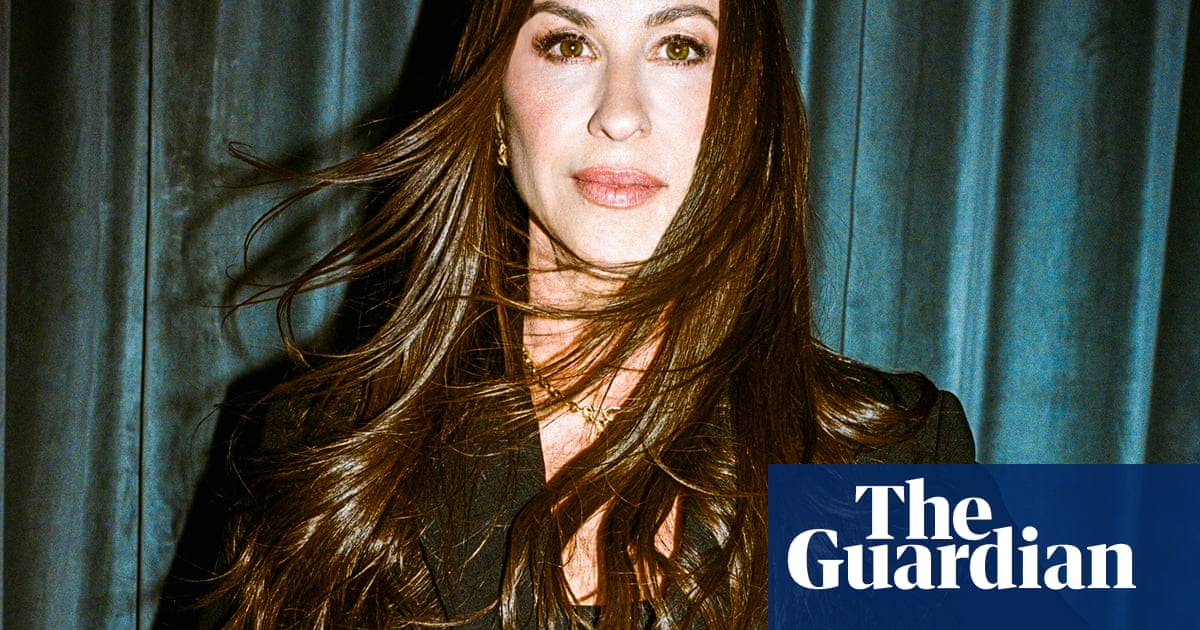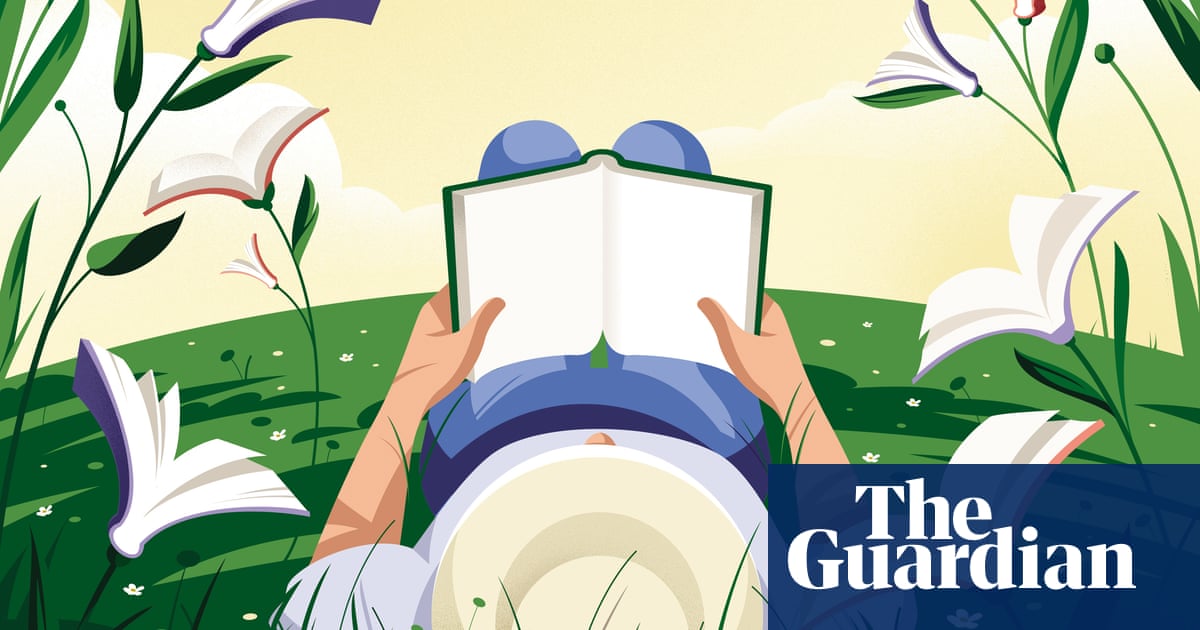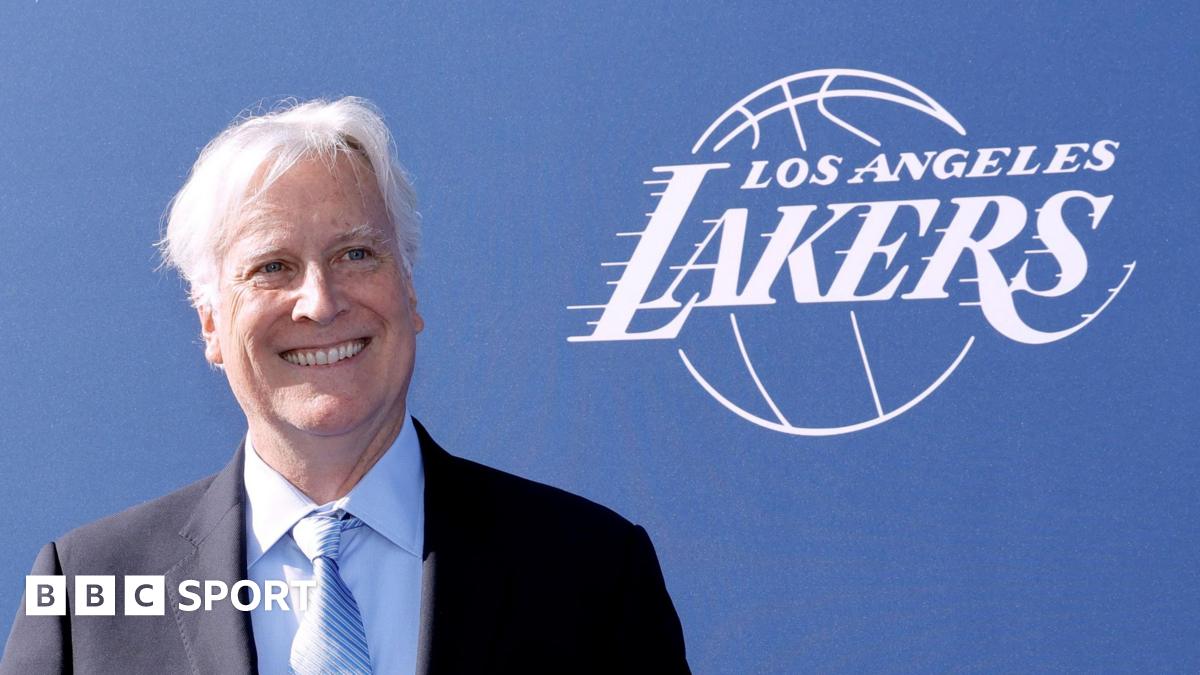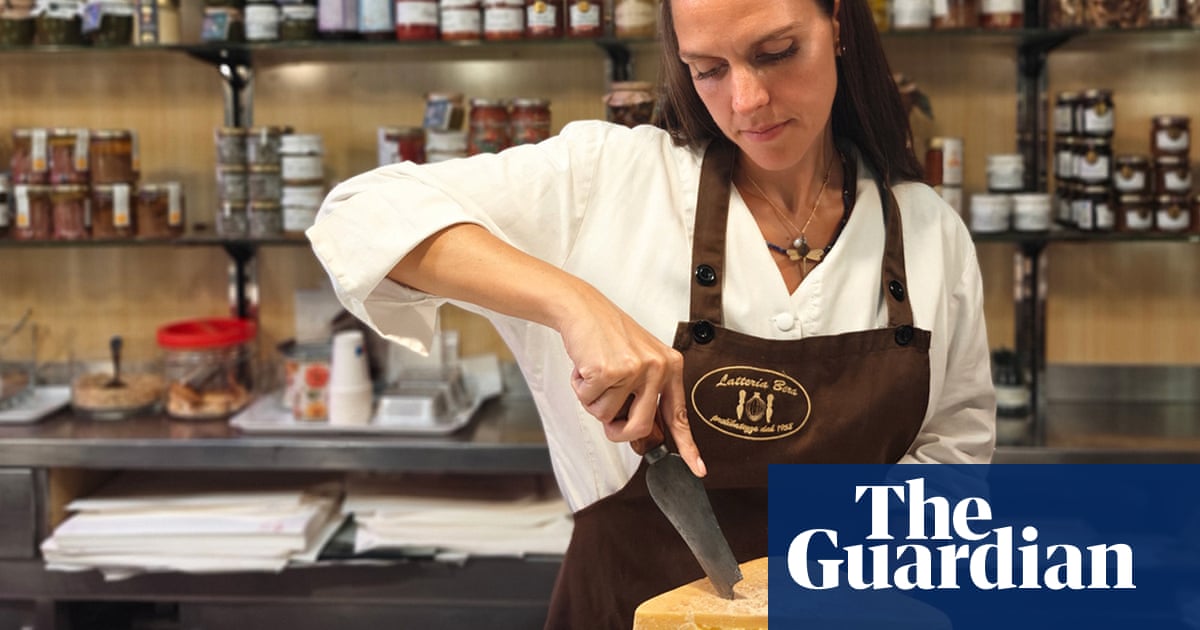When my boyfriend proposed, I said yes – not because I was madly in love with him, but because it seemed like the correct thing to do. We’d been together for eight years and all of our friends were getting engaged; my life felt like a constant cycle of hen nights. I knew something was wrong but I suppressed it. Sometimes I’d get these flashes of anxiety. I’d worry about the fact that I no longer felt excited when my boyfriend walked into a room, or that we didn’t have sex any more – but I was 28, which at that point felt ancient to me, and I was frightened of being alone. I told myself I was experiencing nothing more than a classic case of pre-wedding jitters. I threw myself into buying the big white dress and designing the invitations. I planned to stash a bottle of gin in the church, so I could have a shot to calm my nerves before I walked down the aisle.
About three months before the wedding, I was home alone one evening and decided to watch Sleepless in Seattle. It was my father’s favourite film – he loved the classic jazz soundtrack and Nora Ephron’s dialogue. It had been on in the background a lot during my childhood and teenage years, so I was expecting it to be a comfort watch; something to almost lull me to sleep. I’d remembered the film as being about a man (Tom Hanks) and his cute son grieving the death of his wife. But that night I interpreted the film completely differently. I was sucked into the perspective of Meg Ryan’s character, Annie, who is engaged to a perfectly decent but slightly boring man – and deciding whether or not to call it off. I’d always seen Sleepless in Seattle as being about bereavement, but that night on my sofa, it felt like a film about one woman’s decision whether to get married, and play it safe, or give it all up and take a leap.
There’s a scene towards the beginning where Annie is trying on a wedding dress at her family home. Her mother is talking about the “magic” she felt when she first laid eyes on her own husband, and Annie’s face just goes completely blank. You can tell she doesn’t feel anything close to “magic” with Walter, her fiance. Watching that scene, I felt the familiar squirm of panic, but I squashed it down. I did love my boyfriend, in a way. We trusted each other and were good friends and he cared for me. I told myself: I’m not going to be the person who has the magic, and I’m OK with that. I’m going to be the person who has a sensible, kind husband, and children, and a life that is beautifully mapped out.
But as the film went on I began to feel this overwhelming sadness. My wedding venue was booked, the deposit was paid – but watching Annie agonise over whether or not to leave Walter, I began to realise that the way I was feeling about my own wedding couldn’t be ignored. Right at the end, Annie tells Walter about her doubts, and he has a line that illuminated everything for me: “I don’t want to be someone that anyone settles for. Marriage is hard enough without bringing such low expectations into it, isn’t it?” I realised, listening to that, how selfish I was being. My boyfriend was good and generous. He didn’t deserve to be “settled” for. He didn’t deserve to have a wife who had to get drunk to force herself down the aisle.
That night when he came home, I said I wanted to postpone the wedding. I wasn’t brave enough to outright ask to call it off, but he told me that if I didn’t want to marry him now, he didn’t want to be with me. I like to think perhaps he was having doubts too, but wasn’t able to voice them – I hope that’s true. I emailed all of our guests and told them that the wedding was cancelled, and people were generally supportive. I remember being so grateful that I didn’t have to “face” anyone. I could call the whole thing off while hiding behind a screen. I told my father that Sleepless in Seattle had inspired me to make the decision, but I kept that part a secret from everyone else in my life. He understood, but I suspected other people would think I’d gone mad.
I spent about 11 years being single after the breakup, so I definitely had to face my fear of being alone. Often it was hard, feeling like a spare part at my friends’ parties, but as I got older, being “coupled up” and safe lost some of its allure. I saw the cracks in the marriages around me, and I realised coupledom doesn’t actually insulate you from loneliness. I am married now, but I don’t completely buy into the idea that there has to be “magic” in a romantic partnership. I don’t believe in the Disneyland, mind-altering, life-completing version of romance – that part of Sleepless in Seattle just doesn’t ring true to me. But I still believe you should never settle for anyone.
after newsletter promotion
Share your experience
You can tell us how a cultural moment has prompted you to make a major life change by filling in the form below or emailing us on cultural.awakening@theguardian.com.
Your responses, which can be anonymous, are secure as the form is encrypted and only the Guardian has access to your contributions. We will only use the data you provide us for the purpose of the feature and we will delete any personal data when we no longer require it for this purpose. For true anonymity please use our
service instead.
Tell us a bit about yourself (e.g. age and what you do for a living)
Optional
Tell us how popular culture has prompted you to make a dramatic life change
Please include as much detail as possible
If you are happy to, please upload a photo of yourself here
Optional
Please note, the maximum file size is 5.7 MB.
Choose file
Your contact details are helpful so we can contact you for more information. They will only be seen by the Guardian.
Your contact details are helpful so we can contact you for more information. They will only be seen by the Guardian.
You can add more information here
Optional
If you include other people's names please ask them first.
By submitting your response, you are agreeing to share your details with us for this feature.

 5 hours ago
2
5 hours ago
2










 English (US)
English (US)